Must-Have Navigational Instruments for Safe and Efficient Boating
Introduction: Importance of Navigational Instruments in Boating
Navigating the open waters can be both exhilarating and challenging, especially when faced with changing weather conditions, unfamiliar territories, and potential hazards. In such environments, having the right navigational instruments can make all the difference between a smooth voyage and encountering difficulties. In this article, we’ll explore some must-have navigational instruments essential for safe and efficient boating, highlighting their roles in ensuring precision, safety, and peace of mind on the water.
GPS Systems: Essential for Accurate Positioning
At the heart of modern boating navigation lies the Global Positioning System (GPS), a satellite-based navigation system that provides accurate positioning information anywhere on the globe. GPS systems, whether standalone units or integrated into multifunction displays, offer boaters real-time information about their exact location, speed, and course. With GPS, sailors can navigate confidently, plot routes, and navigate safely, even in unfamiliar waters or adverse weather conditions.
Marine Compass: Reliable Directional Guidance on Water
Despite the technological advancements in navigation, a traditional marine compass remains a crucial tool for boaters. Unlike GPS systems, which rely on satellite signals, a compass provides reliable directional guidance based on magnetic principles. Marine compasses are unaffected by electronic interference or signal loss, making them indispensable for maintaining course and orientation, especially in emergency situations or when navigating without power.
Depth Sounder: Prevents Running Aground in Shallow Waters
Navigating in shallow waters poses a significant risk of running aground, potentially causing damage to vessels and endangering passengers. To mitigate this risk, boaters rely on depth sounders, also known as echo sounders or fish finders. These instruments use sonar technology to measure water depth beneath the boat accurately. By displaying real-time depth readings, depth sounders allow boaters to navigate safely, avoid underwater obstacles, and identify suitable anchorage spots.
VHF Radio: Communication with Other Vessels and Emergency Services
Effective communication is paramount for safe boating, whether coordinating maneuvers with other vessels or calling for assistance during emergencies. Very High-Frequency (VHF) radios serve as the primary communication tool for boaters, offering reliable voice communication over short to moderate distances. VHF radios allow boaters to communicate with other vessels, harbor authorities, and emergency services, providing a vital lifeline in times of distress or when assistance is needed.
Radar System: Detects Objects and Obstacles in Low Visibility
In low visibility conditions, such as fog, darkness, or heavy rain, visual navigation alone may not be sufficient to detect nearby vessels, obstacles, or landmasses. Radar systems provide boaters with an additional layer of situational awareness by detecting and displaying objects in the surrounding environment. By emitting radio waves and analyzing their reflections, radar systems enable boaters to navigate safely, avoid collisions, and maintain awareness of their surroundings, even in adverse weather conditions.
Conclusion: Navigational Tools are Crucial for Safe Boating
In conclusion, navigational instruments are indispensable tools for ensuring safe and efficient boating operations. From GPS systems providing accurate positioning to marine compasses offering reliable directional guidance, depth sounders preventing groundings, VHF radios facilitating communication, and radar systems enhancing situational awareness, each instrument plays a vital role in boater safety. Whether embarking on a leisurely cruise or navigating through challenging waters, having the right navigational tools at hand is essential for a successful and enjoyable boating experience. By investing in quality navigational instruments and familiarizing oneself with their operation, boaters can navigate confidently, mitigate risks, and enjoy the freedom of exploring the open waters with peace of mind.

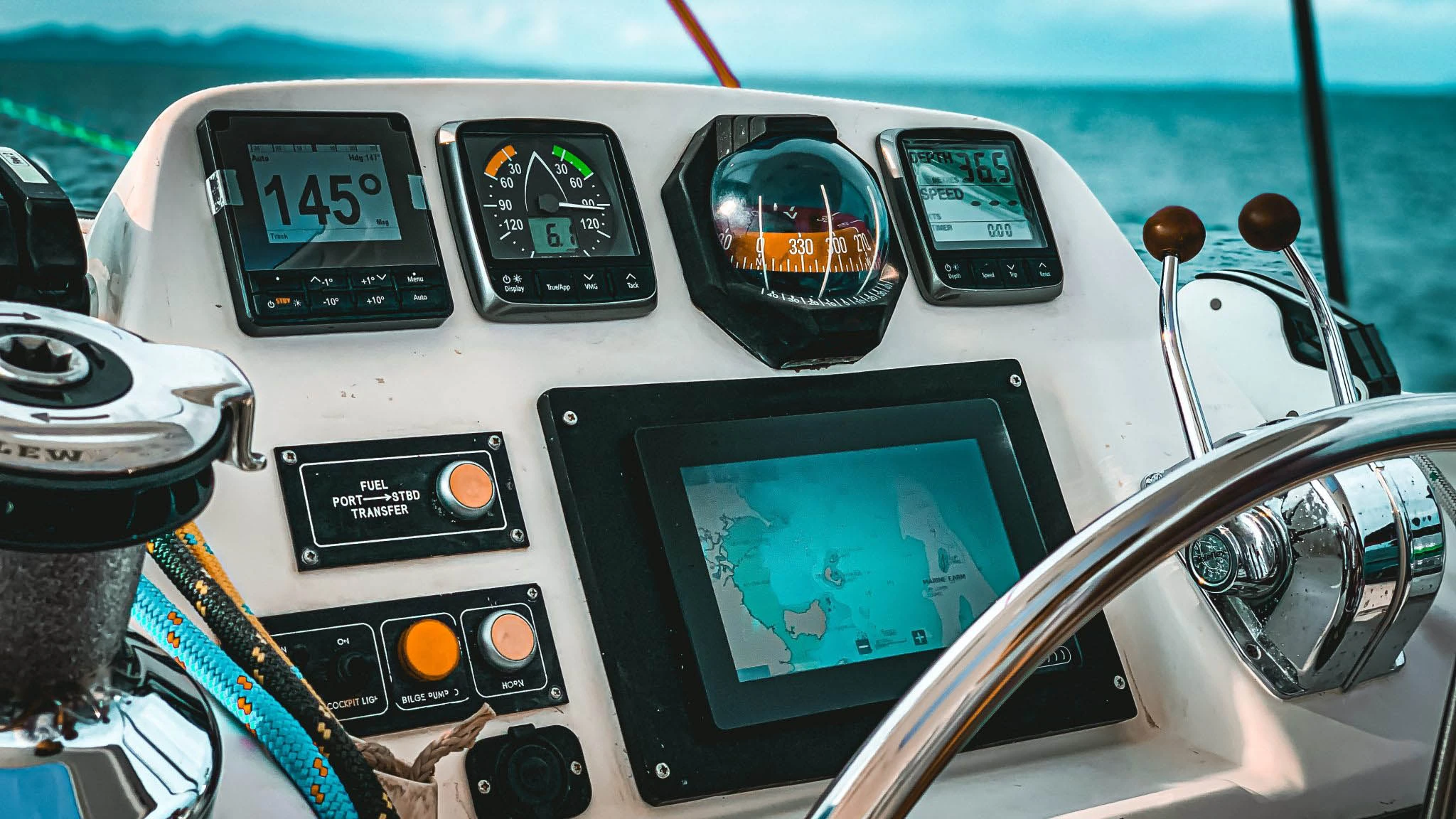
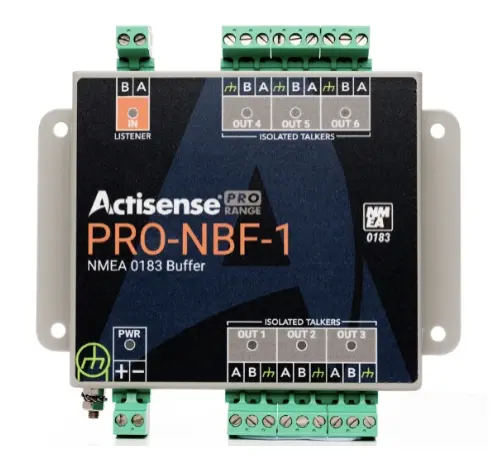
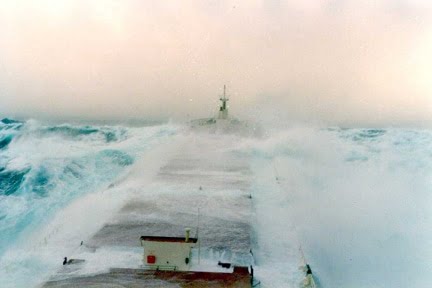
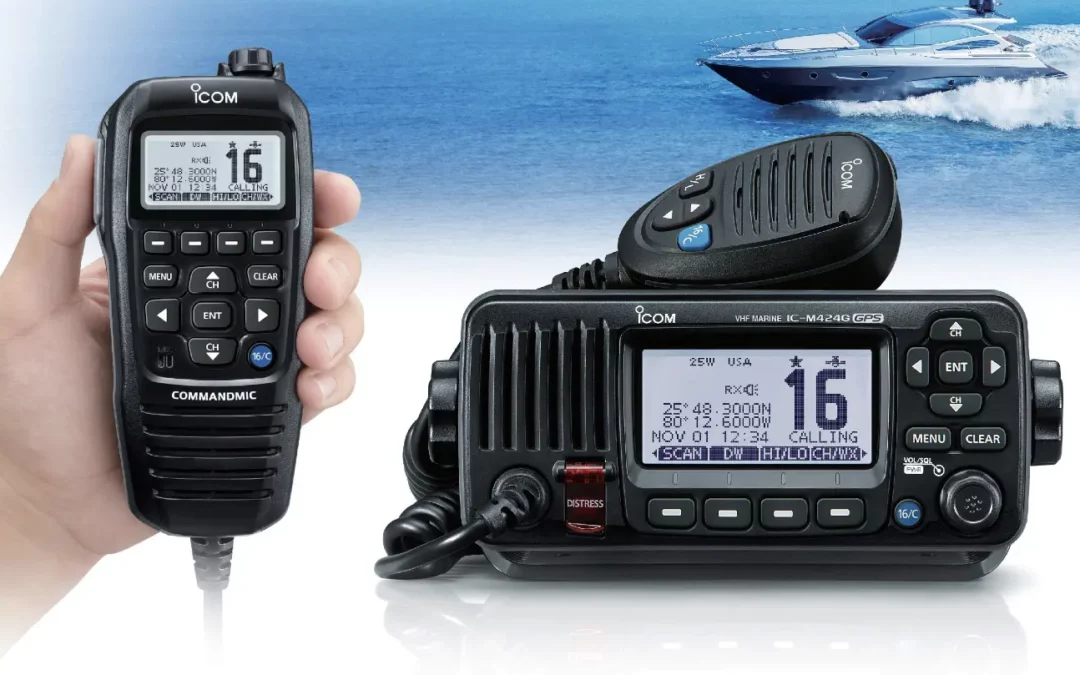
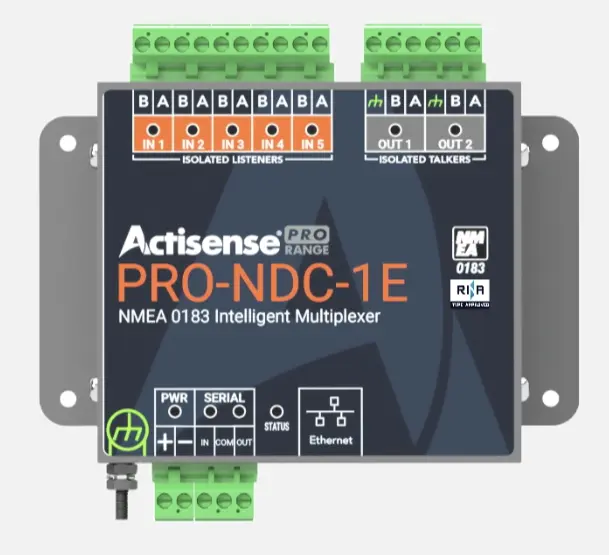
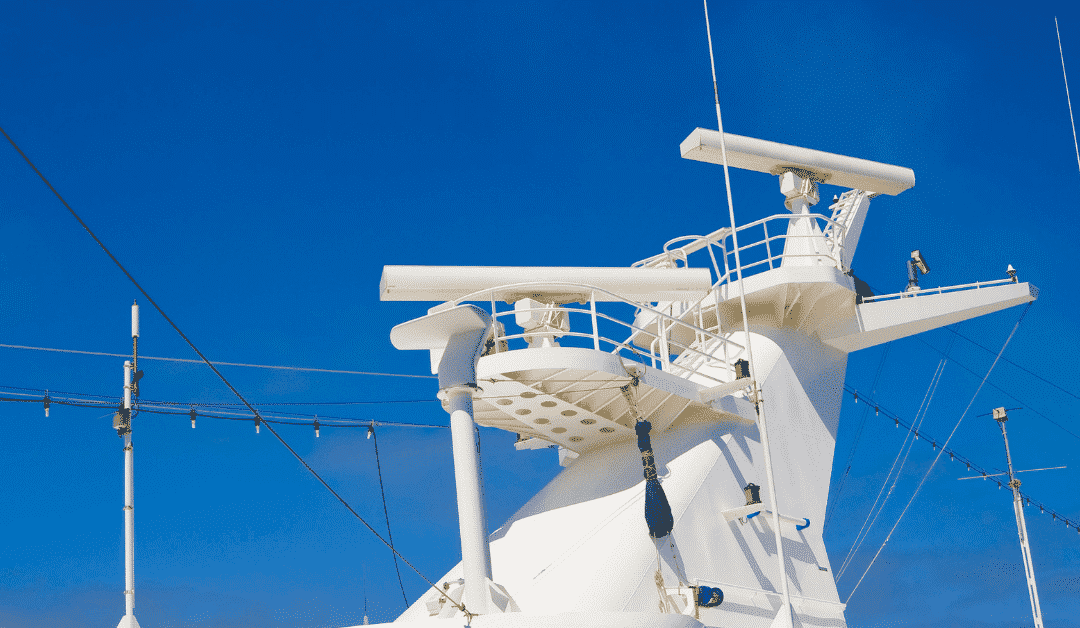
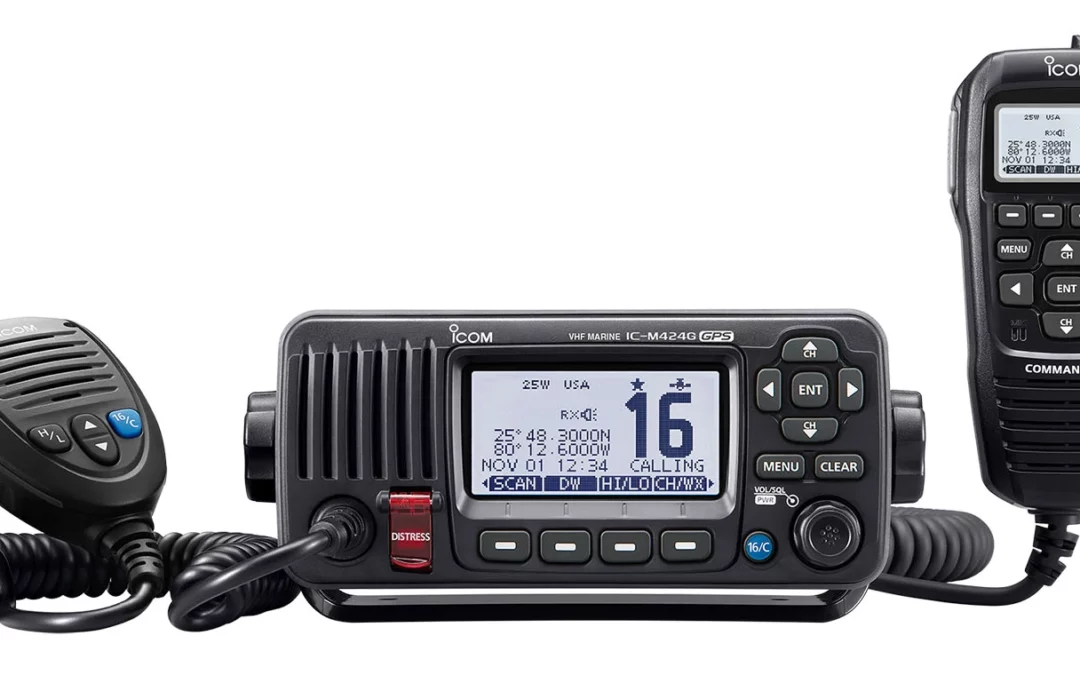
0 Comments